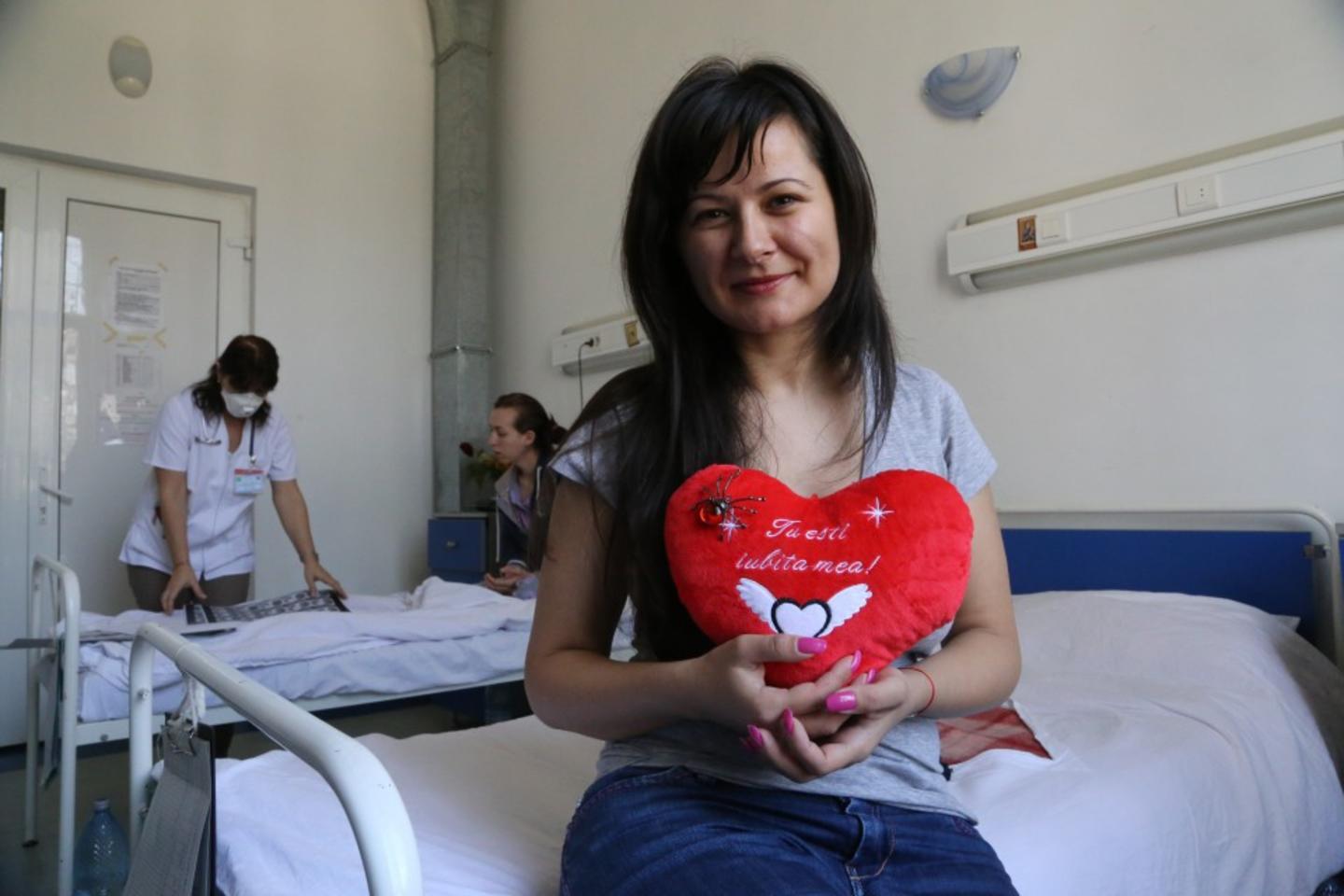“The importance of this programme speaks for itself, Romania has the highest incidence of multi-drug resistant tuberculosis in the European Union,” said Norwegian Ambassador to Romania, Tove Bruvik Westberg. “This project is an important step in the eradication of tuberculosis, both in Romania and Europe.”
Multi-drug resistant tuberculosis (MDR-TB)
It is estimated that there are more than 800 new cases of MDR-TB in Romania each year, but that only 60% of cases are detected. Multi-drug resistant tuberculosis is potentially deadly and cannot be treated with common antibiotics. Patients need to spend at least three months in hospital and require two years of medication.
Peer support
LHL International Tuberculosis Foundation (LHL International) is the Norwegian project partner for this project. LHL are organising a conference today in Oslo to mark World Tuberculosis Day (24th March). One aspect of their work is to encourage peer work, which means that former patients offer support to those currently undergoing treatment. At the conference, Stefan, a former MDR-TB patient from Romania, will speak about how difficult it is to go through a two-year treatment, and the importance of having peer support from former patients as a motivator during the treatment period.
Good communication is critical
Tuberculosis is a disease that is still surrounded by prejudices. Inadequate information and poor communication increases the stigma experienced by patients and can also reduce the patients' motivation to complete their treatment. Romanian Angels Appeal Foundation (RAA) are working with LHL International to ensure that high-quality training materials are provided to patients, vulnerable groups and the public at large. Staff guidance and training is also provided to help patients deal with the fear, stress and anger that is often experienced during treatment. If the patient is well informed and has a good relationship with the health-care professionals, they find it easier to face the challenges presented by the treatment.
Diagnostic equipment
Another vital element for the success of the project has been the procurement of new diagnostic equipment. It used to take between 21 days and three months to properly diagnose MDR-TB. At the end of February the purchase of state-of-the-art equipment for the swift diagnosis of MDR-TB was completed for eight laboratories across Romania. The project promoter, the Marius Nasta Institute of Pneumology, will coordinate the training of staff in the use of the new machinery. By enabling an accurate diagnosis in a short time interval, (two to 48 hours), patients can receive the right treatment for their type of TB without delay.
For further information click on the links below:
Read more about the Romanian Public Health Initiatives programme here
Read more on programmes and projects in Romania on the EEA and Norway Grants country page
